During his appearance on Kossuth Radio’s morning program, PM Orban reported on the results of last week’s visit to Washington:
"As long as Donald Trump is president and Hungary has a nation-focused government, Hungary’s exemption from sanctions on Russian energy will remain in place."
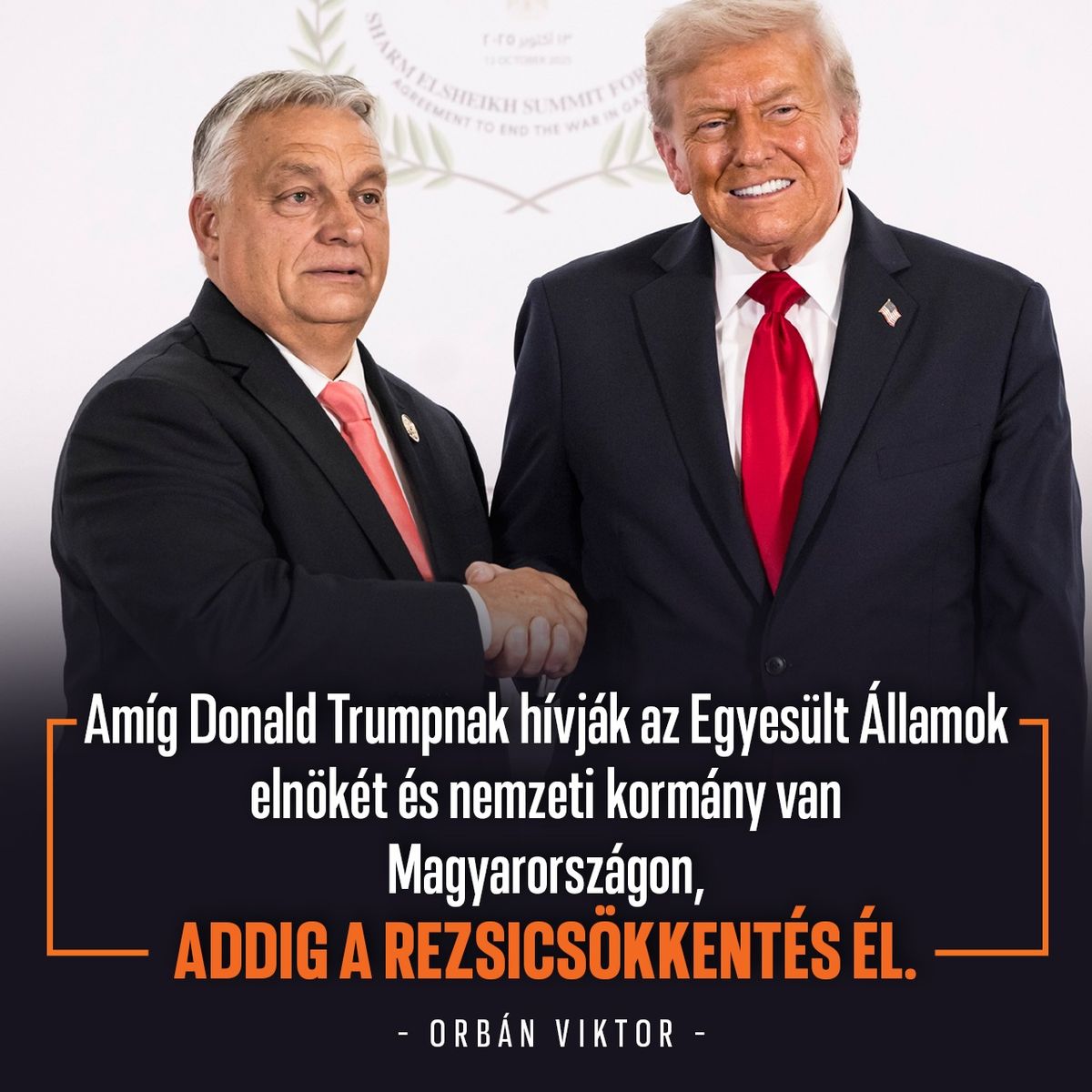
The Prime Minister made it clear:
"The utility-rate cuts remain.
If any of the key players behind the agreement were to change, that would be the end of the utility-rate reductions,” he added.
The deal, he said, is dependent on the individuals — bureaucrats will put it to paper, but “that’s not what matters.” Had they failed to reach an agreement, Hungarian families would be facing triple utility bills by Christmas, and gasoline prices “would be brushing up against 1,000 forints a liter.”
Even those who don’t vote for us still benefit,
the PM remarked, stressing there is no room for partisan division on this issue.
According to Mr. Orban, there is no question that the American President “likes the Hungarian people and hates war.”
“We’re talking about a man who sees this war as senseless — and therefore wants to end it,” he said. President Trump has every reason, he added, to pursue a fair arrangement:
He wants to pressure the Russians without harming Hungary.
Orban emphasized that he negotiates deals that are beneficial to the Hungarian economy on their own merit. He confirmed that Hungary reached a five-year agreement on purchasing liquefied natural gas (LNG) from the United States.
“The more sources we have for gas and oil, the safer Hungary is. After 2010 we built out a range of interconnections — including the Slovak-Hungarian line. Without it, we’d be experiencing far more trouble today.”
While Hungary today still buys most of its gas and oil from Russia, “we have secondary supplies that give us security,”
the Prime Minister said.
On the financial shield discussed in Washington, Orban dismissed opposition comparisons to the 2008 IMF loan as “nonsense.” The IMF had demanded measures like scrapping the 13th-month pension. Left-wing governments struck deals that imposed harsh burdens on the Hungarian people, he recalled. The new financial shield, he said,
consists of four or five instruments through which friendly nations can help each other
if one of them faces trouble.

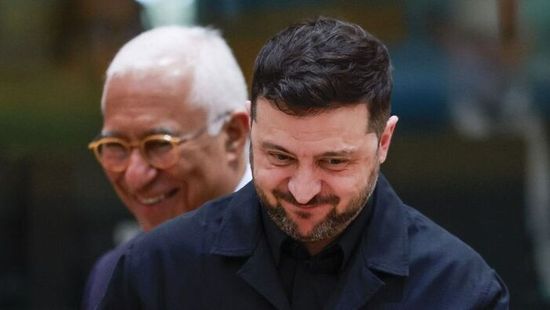
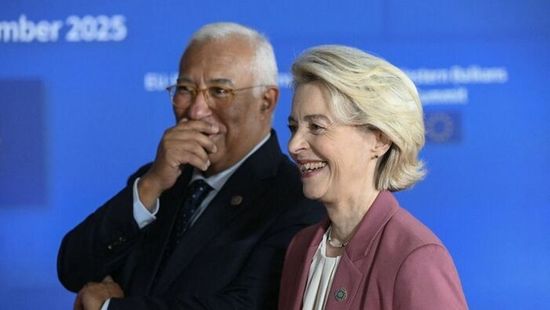
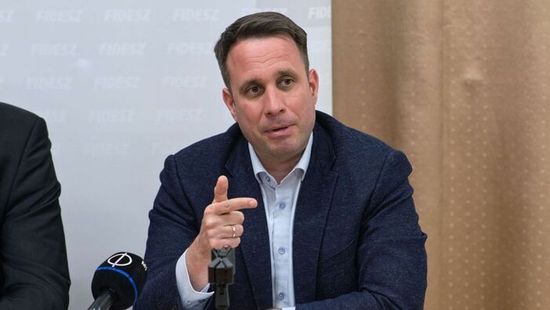
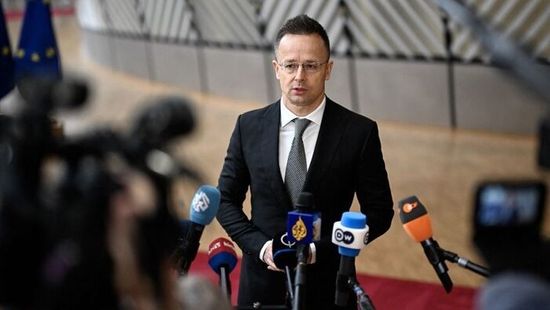







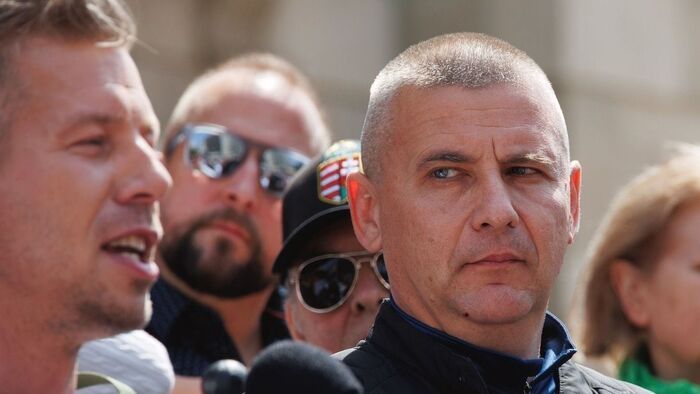
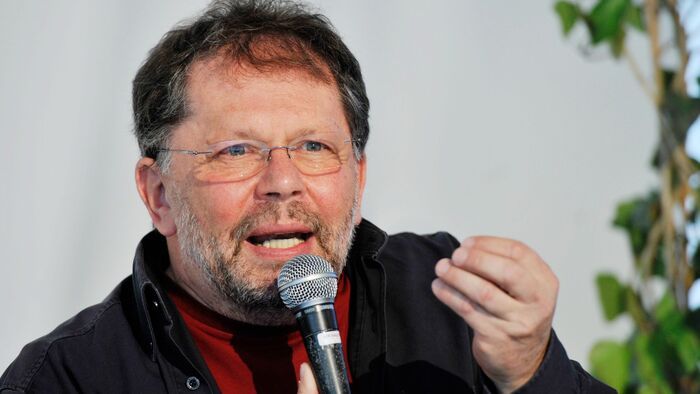
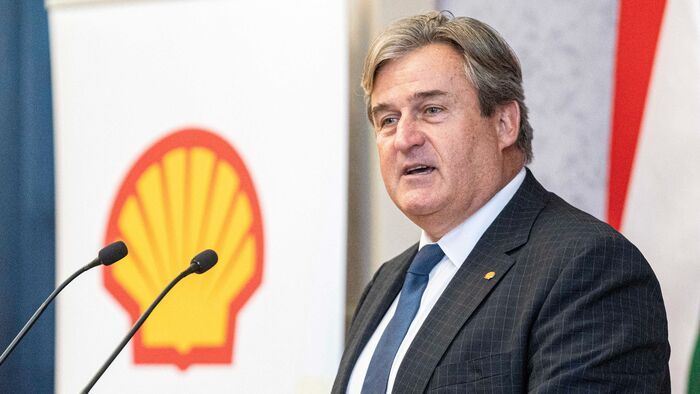

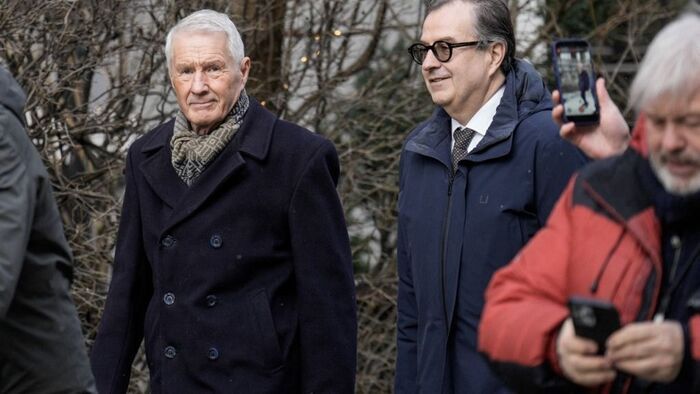
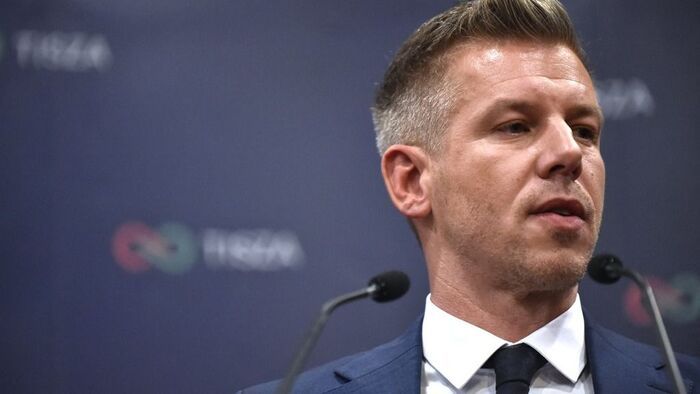


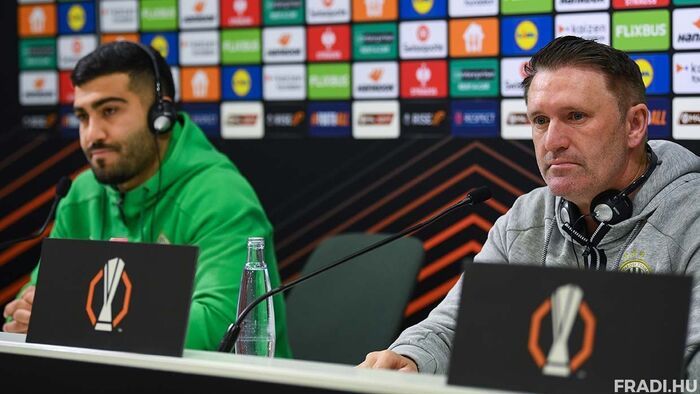


Szóljon hozzá!
Jelenleg csak a hozzászólások egy kis részét látja. Hozzászóláshoz és a további kommentek megtekintéséhez lépjen be, vagy regisztráljon!